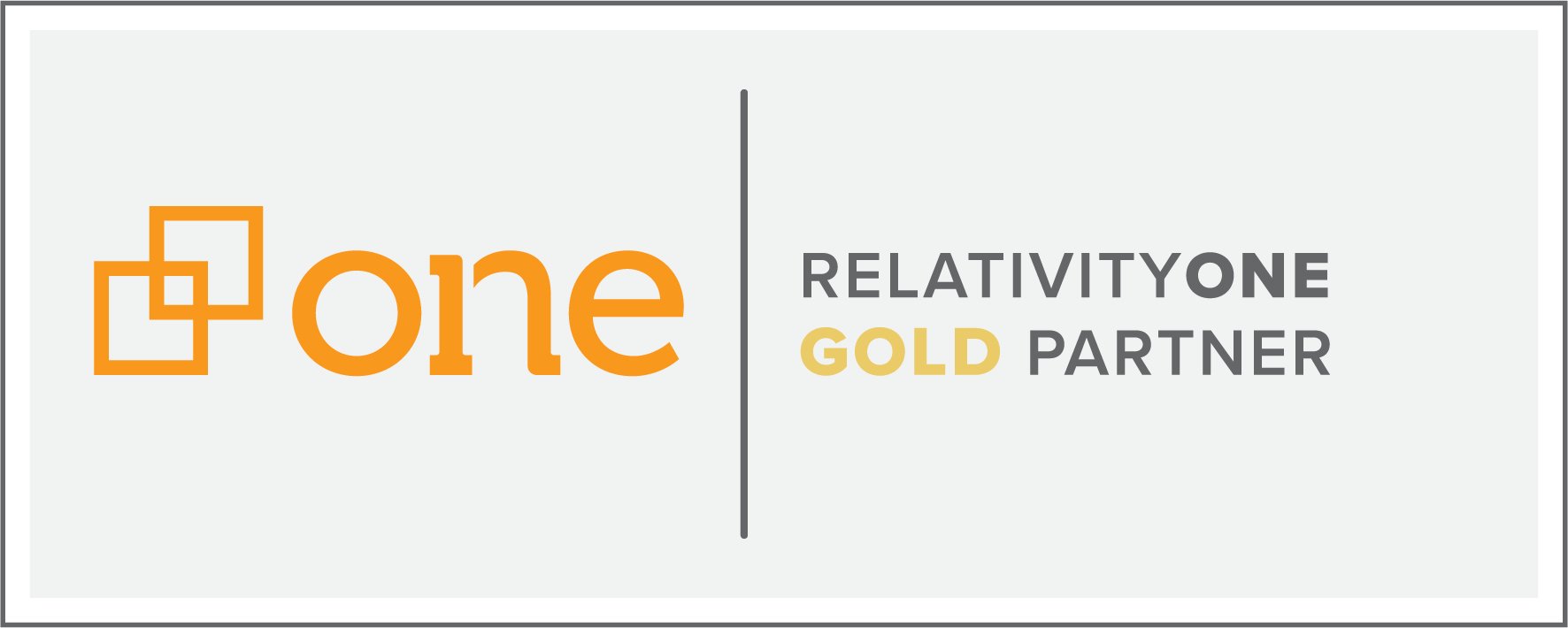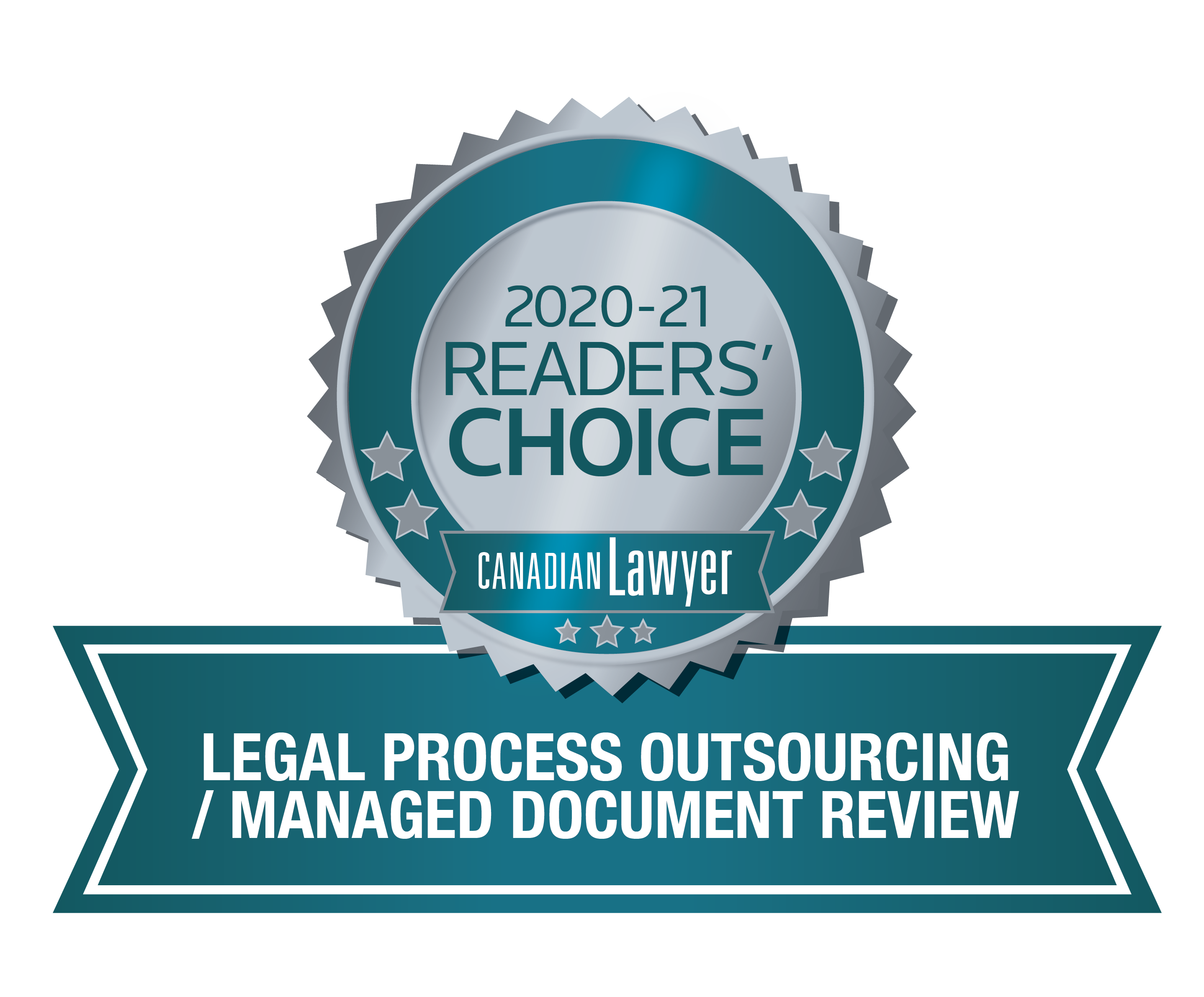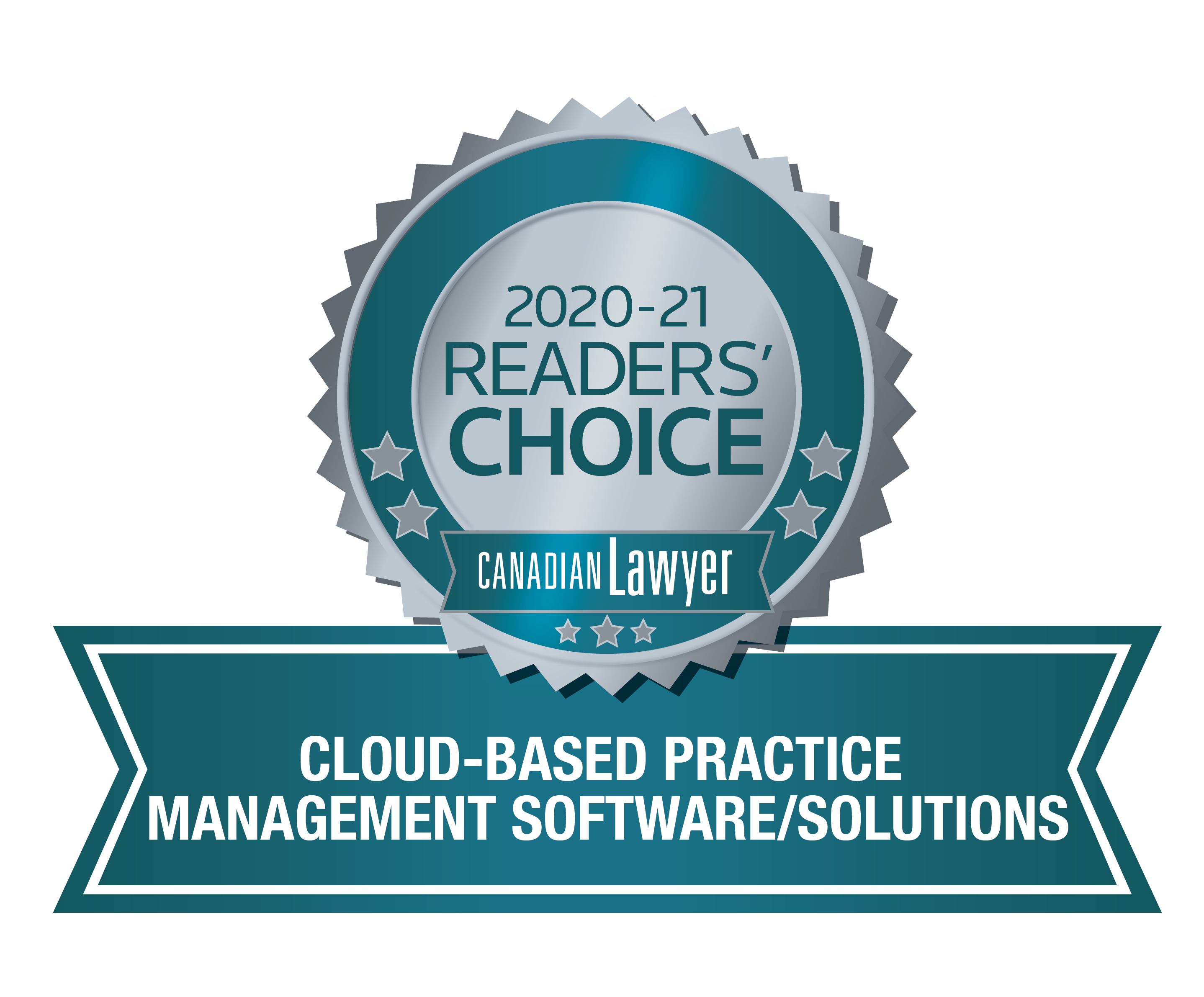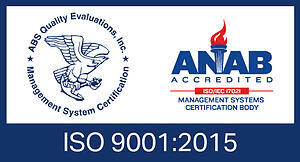.jpeg?width=757&height=505&name=Three-Jigsaw-Puzzle-Pieces-on-Table-495266744_1258x838%20(1).jpeg)
I had the opportunity to speak on the CCCA webinar panel, "Managing the Cost, Risk, and Disruption of eDiscovery in Complex Litigation”, with fellow panelists Andrew Parley, partner at Lenczner Slaght, and Mel Hogg, Associate General Counsel at Ontario Power Generation. Our discussion centered around planning and managing complex eDiscovery projects, including document preservation, collection, and review.
As the "eDiscovery provider" on the panel, my key takeaways from the discussion are these:
1. Plan, plan, and then plan some more.
We all agreed that early planning and frank and open communication is critical to the success of any eDiscovery project. Such an observation may seem self-evident. However, in discussing the finer points of planning and communication, we realized that there are important moments in the evolution of a project that, if not navigated correctly, can jeopardize the entire project and greatly increase time and cost.
Let's take, for example, self-collecting data:
Many organizations choose to self-collect their data before turning it over to their eDiscovery provider. While this can be a good way to reduce cost, if not done correctly can also add significant time, cost and complication to your matter, and may even necessitate data recollection. To ensure that the data is collected in a way that allows for effective processing and ingestion into a review platform, it is important to discuss this with your eDiscovery provider first.
2. Involve your trusted and experienced eDisovery provider as early in the process as possible.
The success of a project can be negatively impacted if you don't have all key players involved right from the beginning. This includes bringing a knowledgeable and trusted eDiscovery provider into the conversation right from the onset. An established provider will have experience with eDiscovery projects of all sizes and complexities, and can assist the legal team effectively navigate the various stages of the project lifecyle. You'll also to know the basics: What’s their availability during the week? On the weekend? If your project is based in a different time zone, will the provider support your work in that time zone? Who is the point of contact at the provider?
3. Your review team is a vital resource. Remain engaged with them to get the most out of your review.
Your outsourced review team should be used to your greatest advantage, so it is critical that directing counsel (either in-house or external) be involved at all stages of an outsourced review - from training, to being available to the review team for questions on their first-level review.
Commonwealth Legal's review teams include highly-experienced eDiscovery review lawyers who are skilled with analytics-based workflows and review management. They will see more documents early on in the process than you will, and can provide deep insight into the narrative of your matter. By providing efficient and detailed feedback to their questions can deliver even more to you in a timelier manner. In fact, we encourage our clients to have regular calls with the review team so that all parties involved can gain a clear understanding of where the review stands and what the team is seeing at any given time.
And always remember... don’t be afraid to ask questions. If anything is ever unclear, ask for an explanation from your provider.









